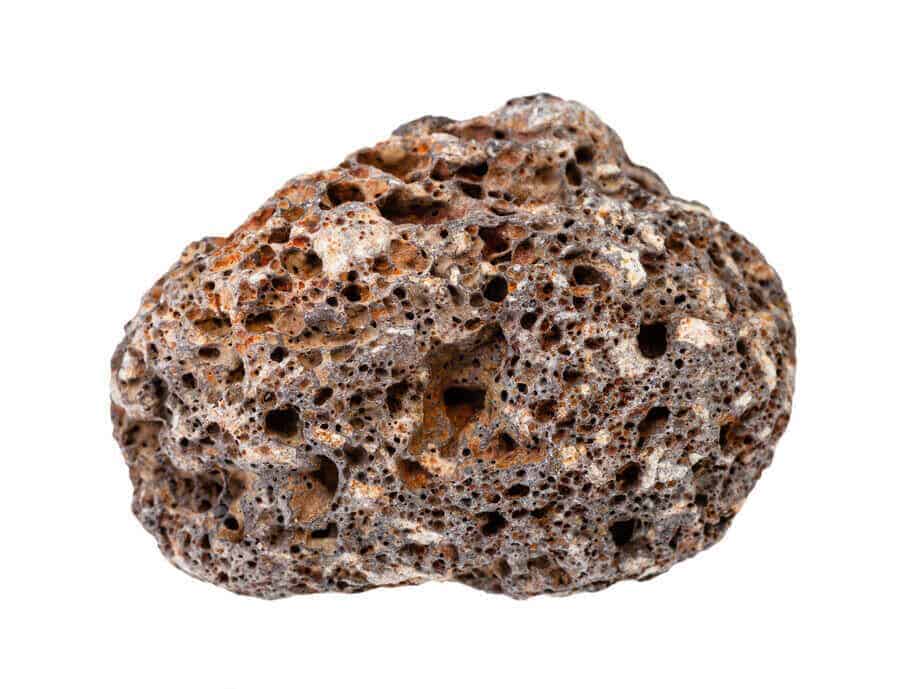Rare earth magnets have revolutionized various industries with their exceptional magnetic properties. These powerful magnets are widely used in electronics, renewable energy, medical devices, and many other applications. However, a common question that arises is whether rare earth magnets lose their power over time. In this article, we will delve into the intricacies of rare earth magnets and explore the factors that may affect their magnetic strength.
- Understanding Rare Earth Magnets:
Rare earth magnets are composed of alloys containing rare earth elements such as neodymium, samarium, and dysprosium. These magnets exhibit significantly stronger magnetic fields compared to traditional magnets, making them highly sought after in modern technology. Their exceptional strength and durability make them ideal for various applications. - Factors Affecting Magnetic Strength:
While rare earth magnets are known for their robust magnetic properties, several factors can influence their power over time. It is crucial to understand these factors to ensure optimal performance and longevity.
a) Temperature:
Temperature plays a vital role in the magnetic strength of rare earth magnets. High temperatures can cause the magnetic domains within the magnet to become disordered, leading to a decrease in magnetic strength. Conversely, low temperatures can enhance the magnet's performance. It is essential to operate rare earth magnets within their recommended temperature range to maintain their magnetic power.
b) External Magnetic Fields:
Exposure to strong external magnetic fields can partially demagnetize rare earth magnets. This phenomenon, known as magnetic saturation, occurs when the external field aligns the magnetic domains in the opposite direction, reducing the overall magnetic strength. Care should be taken to shield rare earth magnets from strong magnetic fields to prevent any loss of power.
c) Mechanical Stress:
Rare earth magnets are susceptible to mechanical stress, which can impact their magnetic properties. Excessive pressure or impact can cause the magnetic domains to realign, resulting in a decrease in magnetic strength. Proper handling and protection are crucial to prevent any physical damage that may affect the magnet's performance.
- Mitigating Power Loss:
While rare earth magnets may experience some power loss over time, there are measures that can be taken to mitigate this effect and ensure their longevity.
a) Proper Storage:
Storing rare earth magnets in a demagnetized state, such as using non-magnetic containers or separating them with non-magnetic materials, can help preserve their magnetic strength. Additionally, storing them away from strong magnetic fields and extreme temperatures is essential.
b) Magnet Coatings:
Applying protective coatings, such as nickel or epoxy, can provide an extra layer of defense against external factors that may affect the magnet's power. These coatings act as a barrier, shielding the magnet from moisture, corrosion, and mechanical stress.
c) Regular Testing and Maintenance:
Periodically testing the magnetic strength of rare earth magnets can help identify any potential power loss. If a decrease in magnetic strength is detected, appropriate measures can be taken, such as re-magnetizing or replacing the magnet if necessary.
Conclusion:
Rare earth magnets are renowned for their exceptional magnetic properties, but they are not immune to power loss over time. Factors such as temperature, external magnetic fields, and mechanical stress can impact their magnetic strength. By understanding these factors and implementing proper storage, coatings, and maintenance, the longevity and performance of rare earth magnets can be maximized. Harnessing the full potential of these magnets in various industries requires careful consideration and proactive measures to ensure their optimal functionality.




+ There are no comments
Add yours